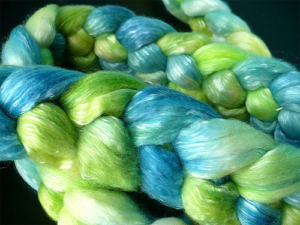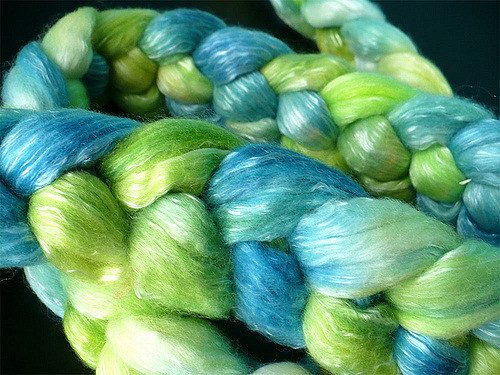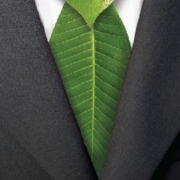Fashion Start-Ups Use Wood-Based, Cotton Alternatives
Fashion Start-Ups Use Wood-Based, Cotton Alternatives
For a great many years now, cotton has been touted as the ultimate fabric for the manufacture of all kinds of clothing, due to its natural, breathable composition and its comfortable feel against the skin. However, according to Waterfootprint.org, cotton farming requires the most amount of water in the apparel supply chain. In the case of making a single T-shirt, research from National Geographic estimates that 2,700 liters of water is required, from beginning to end.
In addition, it literally requires acres and acres of land to grow any significant amount of cotton plants, and a great deal of water is consumed in the nurturing of those plants. From this, it should be fairly obvious that any kind of new direction for the world of fashion is long overdue and that new direction seems now to have arrived, in the form of wood-based alternatives for the manufacture of clothing.
Wood-based alternative clothing
An Austrian manufacturer, Lenzing AG, has been developing environmentally friendly clothing for several years now, by converting eucalyptus tree pulp into a fiber which mimics cotton’s breathable nature, but is also far softer to the touch, and much less susceptible to wrinkling. In the year 2000, Lenzing was given a prestigious award by the European Commission, for its forward-thinking contributions to conservation of the environment in making wood-based clothing alternatives.
This wood-based clothing product is known as Tencel, and it is being adopted by more fashion companies around the world each year. Since the entire production process for Tencel is much less impactful to the environment, it has become one of the most popular new fabrics, especially for all those who feel a responsibility for the conservation of the global environment.
Other creative and environmentally friendly products are appearing as well, to contribute to this new direction of the fashion industry. A 17-year old teenager named Sian Healy recently became a finalist in the Miss England competition, while wearing a dress made for her by Pooling Partners, and which was entirely constructed from old wooden pallets. While this kind of special-purpose dress may not be economically viable for mass production, it does at least point out the possibilities for using wood-based materials as an alternative to the traditional ones used commonly in clothing manufacture.
Beyond Tencel
In Culver City, California, another startup company called MeUndies, has developed a fashion line of men’s and women’s underwear, all made from wood pulp fiber which has the appealing property of wicking moisture away from the body. Called MicroModal, it uses beechwood rather than Tencel’s eucalyptus fibers, and is garnering strong appeal for its comfort and sustainable characteristics. Additionally, another fashion designer based in London named Alice Asquith has launched a line of towels, bearing her name, which are made from bamboo fibers and have far greater softness, durability, and absorptive qualities than traditional cotton towels.
Other startups are emerging around the world to take advantage of some of the wonderful characteristics provided by wood-based fabrics, which are much friendlier to the environment than some existing materials. Whereas plants like cotton are farmed with the intent of manufacturing clothes, wood-based based fabrics use wood by-products as their main ingredient. By developing effective uses for these parts of the forest that would normally go to waste, clothing manufacturers are doing their part to make sure that every part of a tree is used when it’s harvested.











